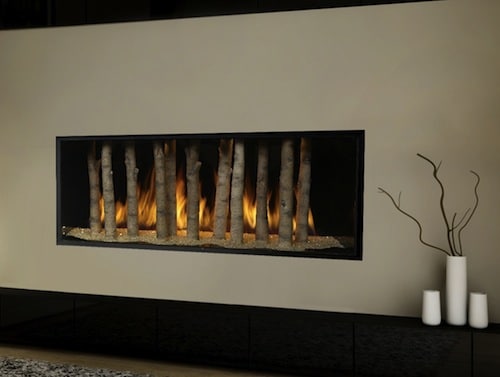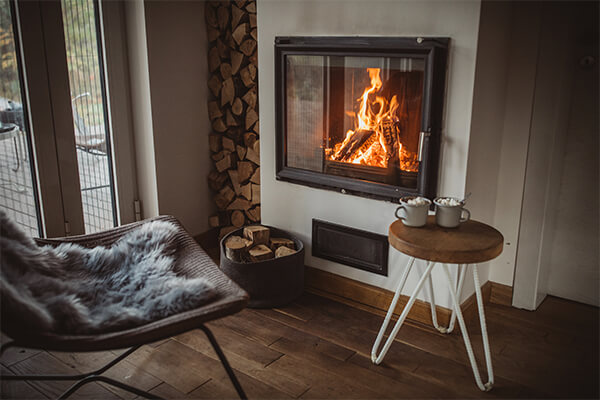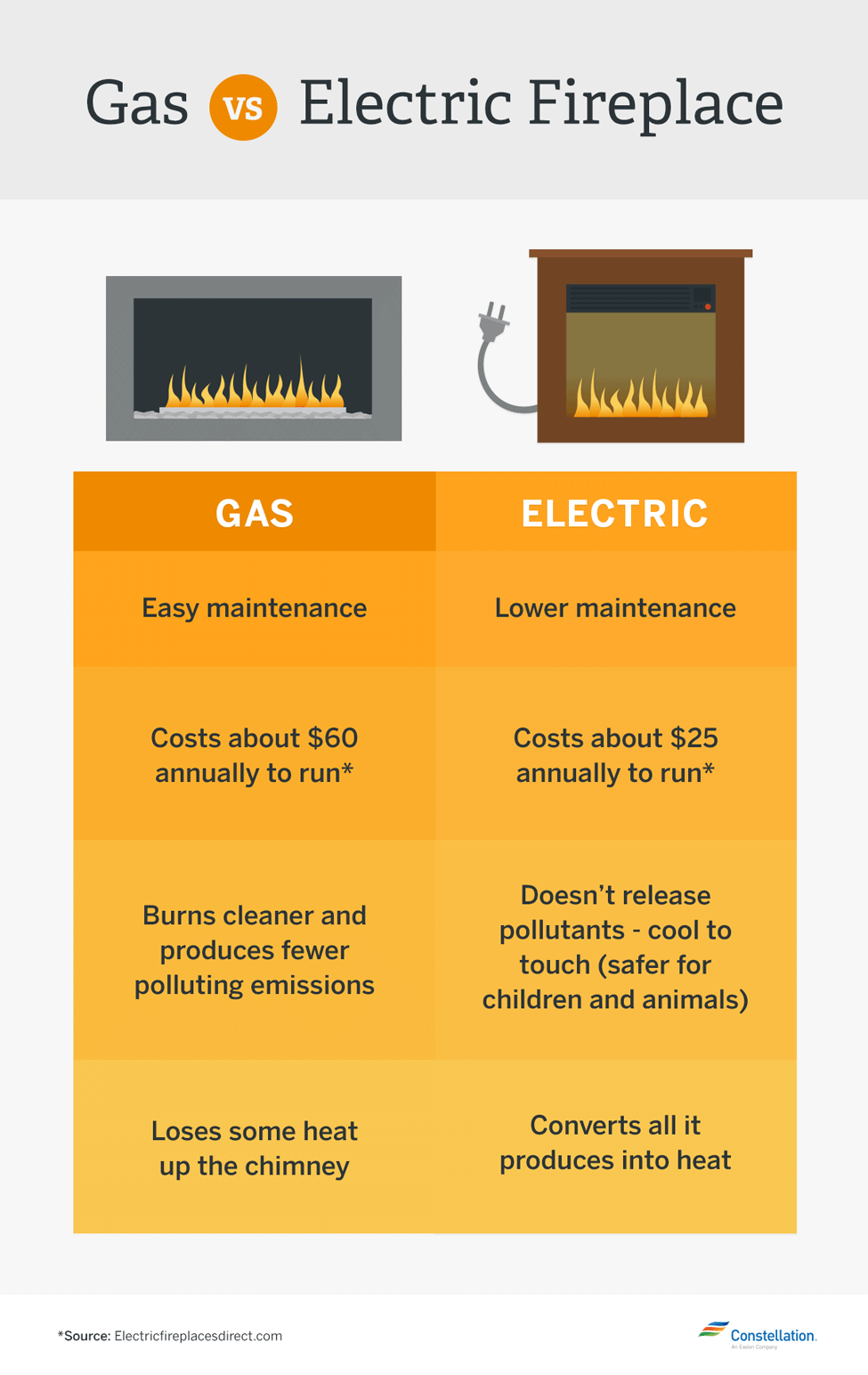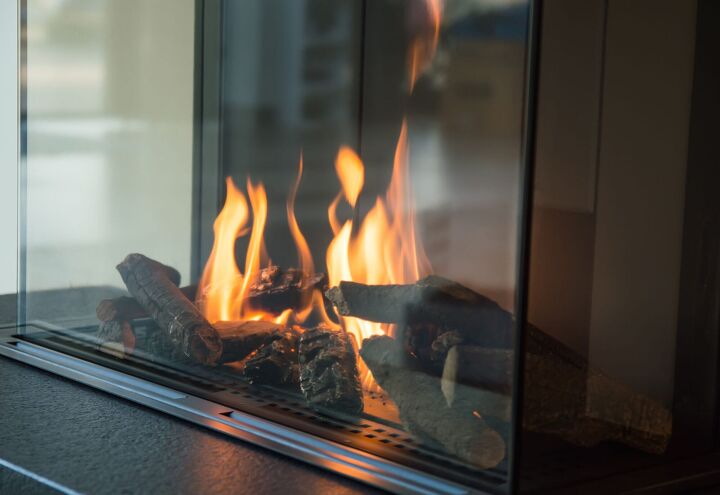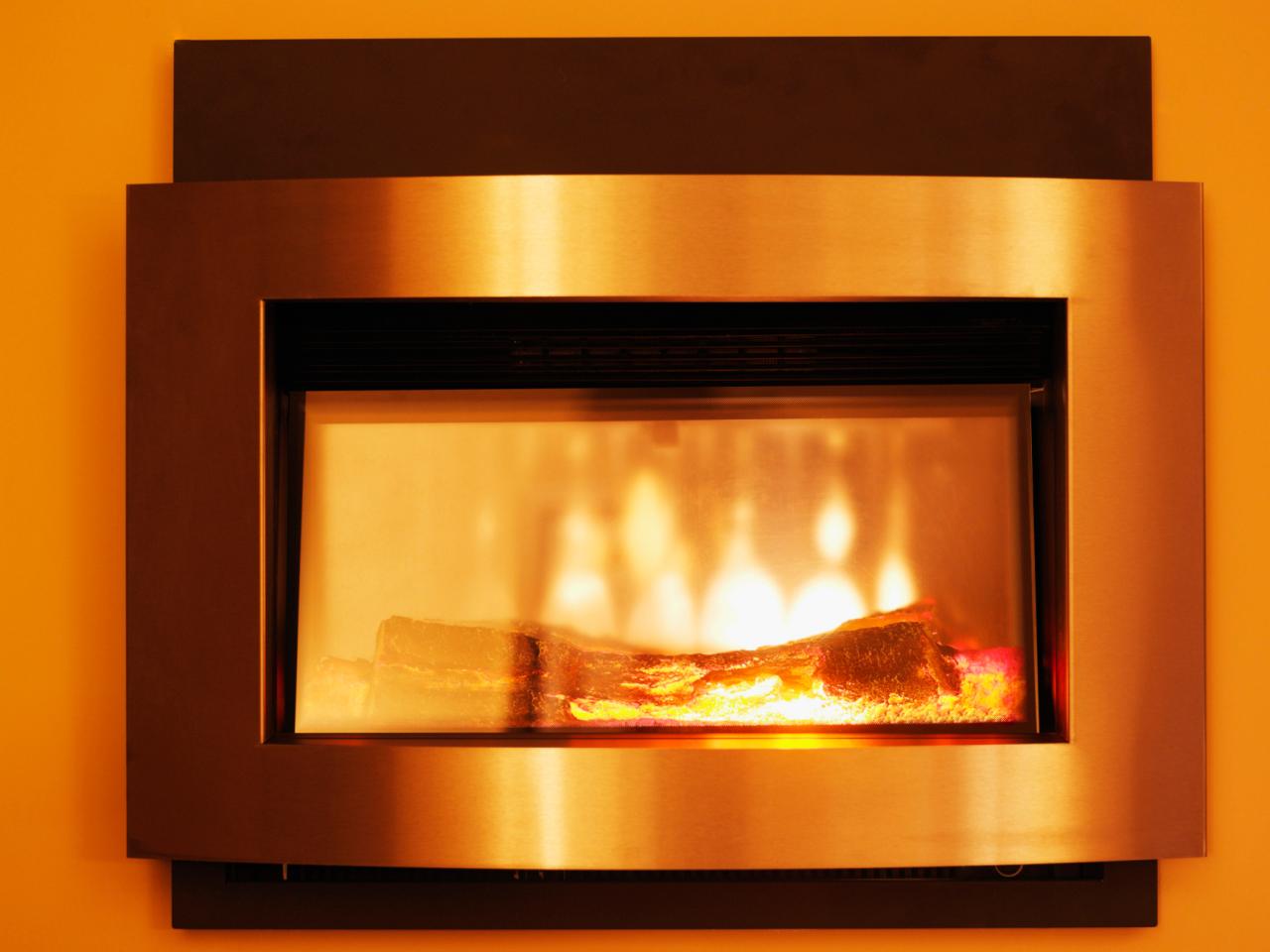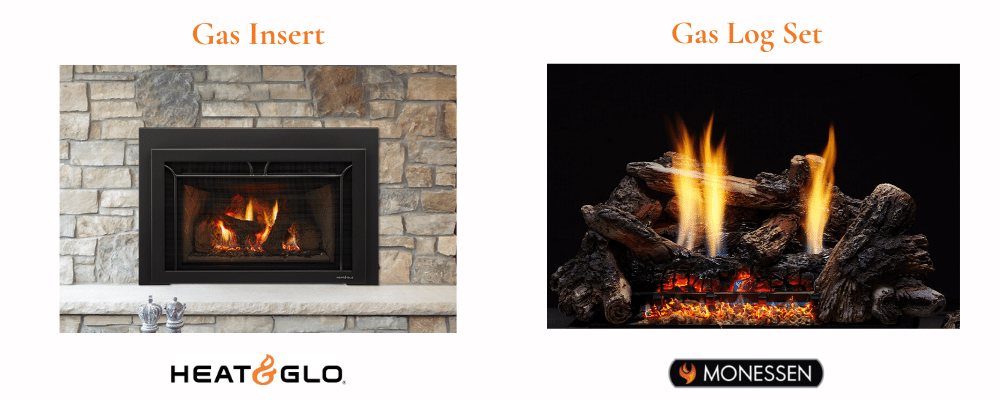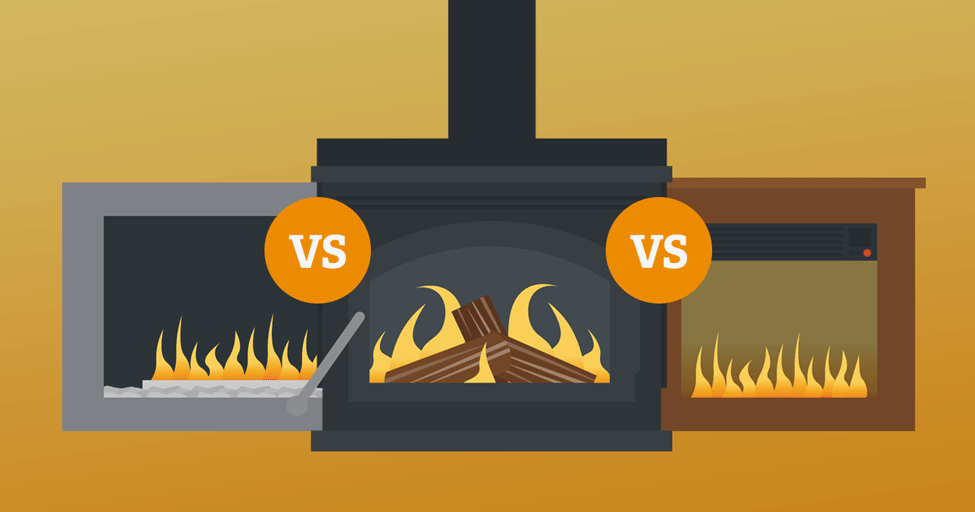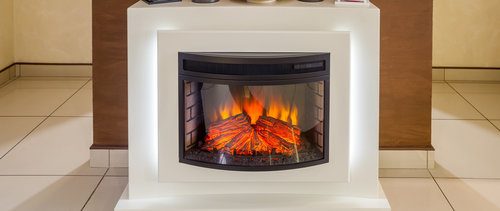Remove and clumps of trash or soot from the vents to make sure they’re not clogged. Remember, it only needs a comprehensive cleaning when a year and periodic slight cleanings on a quarterly basis. Once again, not an appliance that’s essentially created for normal, day-to-day heating use.
Images about Gas Fireplace More Efficient Than Furnace
Gas Fireplace More Efficient Than Furnace

Gas fireplaces are a sensible and smart option for individuals who want to enjoy the cozy warmth of an open fireplace, without the chores of saving and burning wood as well as cleaning up ashes. When compared to a genuine burning up log, the flame created by a gas fireplace is not as full and realistic.
Is A Gas Furnace or Gas Fireplace More Efficient?
The info about gasoline outside hearth presented here will do one of 2 things: either it will reinforce what you are familiar with a fuel outdoor fireplace or it’ll teach you something new. These days, gas fireplaces having a single button as well as remote control permit for simple, trouble-free operation.
Furnace vs Fireplace: Which One is More Efficient? KW Lang
Gas vs. Wood-Burning Fireplaces vs. Electric Fireplaces
Gas Fireplace vs Furnace High Demand Heating
4 Reasons Why Gas Fireplaces are Less Efficient and More Costly
Gas Fireplace Efficiency vs. Furnace: Which One Is Better
Furnace or Gas Fireplace, Which Is More Efficient? u2013 Barbecues Galore
Gas Fireplaces Offer Efficient Heating Choices HGTV
Look to Gas Fireplaces for Home Heating Help Heatilator
The Top 3 Reasons to Choose a Gas Insert over a Gas Log Set
Gas vs. Wood-Burning Fireplaces vs. Electric Fireplaces
Furnace or Gas Fireplace, Which Is More Efficient? u2013 Barbecues Galore
Electric vs Gas Fireplace – Pros, Cons, Comparisons and Costs
Related Posts:
- Vent Free Gas Fireplace Logs
- Portable Gas Fireplace Heater
- Gas Fireplace Design
- Indoor Gas Fireplace Ideas
- Natural Gas Fireplace Reviews
- Gas Fireplace Energy Efficiency
- Contemporary Gas Fireplace Inserts
- Gas Fireplace Draft Cover
- Gas Fireplace Child Safety Screen
- Gas Fireplace Finishing Ideas
When it comes to heating your home, there are a few options available, including a gas fireplace and a furnace. While both can effectively heat your living space, many homeowners are curious about which option is more efficient. In this article, we will explore the efficiency of a gas fireplace compared to a furnace, as well as provide information on how each system works and common mistakes to avoid.
How Gas Fireplaces Work:
Gas fireplaces operate by burning natural gas or propane to produce heat. The gas is ignited by a pilot light or electronic ignition system, creating flames that heat up ceramic logs or other decorative elements. As the logs heat up, they radiate warmth into the room. Some gas fireplaces also come equipped with blowers that help distribute the heat more evenly.
One of the main advantages of a gas fireplace is its convenience and ease of use. With just the flip of a switch or press of a button, you can have a roaring fire and instant warmth in your home. Gas fireplaces also produce less mess and require less maintenance compared to traditional wood-burning fireplaces.
While gas fireplaces can be an efficient way to heat a single room or zone in your home, they may not be as effective at heating larger spaces or multiple rooms. Additionally, the cost of operating a gas fireplace can vary depending on fuel prices and how often you use it.
Comparing Gas Fireplaces to Furnaces:
Furnaces, on the other hand, work by burning fuel (such as natural gas or oil) to generate heat that is then distributed throughout your home via ductwork and vents. Furnaces are typically more powerful than gas fireplaces and can provide consistent heating throughout your entire home.
In terms of efficiency, furnaces are generally more efficient at heating larger spaces and maintaining a comfortable temperature in colder climates. However, they may require more maintenance and have higher upfront costs compared to gas fireplaces.
It’s important to consider factors such as energy efficiency ratings, fuel costs, and the size of your home when deciding between a gas fireplace and a furnace. Ultimately, the best choice for you will depend on your heating needs and preferences.
Common Mistakes to Avoid:
1. Neglecting regular maintenance: Both gas fireplaces and furnaces require regular maintenance to ensure optimal performance and safety. Neglecting this can result in reduced efficiency and potentially dangerous situations.
2. Setting the thermostat too high: Cranking up the heat on your gas fireplace or furnace won’t make your home warm up any faster. Instead, it will waste energy and cause unnecessary wear on your system.
3. Using outdated equipment: Older gas fireplaces and furnaces may not be as energy-efficient as newer models. Consider upgrading to save on energy costs in the long run.
4. Ignoring ventilation requirements: Improper ventilation can lead to carbon monoxide buildup, which poses serious health risks. Always follow manufacturer guidelines for proper ventilation installation.
FAQs:
1. Are gas fireplaces safe to use indoors?
Yes, gas fireplaces are safe when installed correctly and maintained properly. It’s essential to have them inspected regularly by a professional technician.
2. How much does it cost to operate a gas fireplace compared to a furnace?
The cost of operating a gas fireplace versus a furnace will depend on factors such as fuel prices and how often you use each system.
3. Can I use my gas fireplace as the primary source of heating for my home?
Gas fireplaces are more suitable for supplemental heating rather than being the primary source of heat for your entire home.
4. Do all gas fireplaces require venting?
Some modern gas fireplaces come with ventless options, but vented models are generally considered safer since they release combustion gases outside.
5. What is the lifespan of a typical gas fireplace or furnace?
With proper maintenance, both gas fireplaces and furnaces can last anywhere from 10-20 years before needing replacement.
Overall, whether you choose a gas fireplace or furnace for heating your home depends on various factors such as efficiency, cost, maintenance requirements, and personal preference. Consider consulting with a heating professional to determine which option is best suited for your needs before making a decision.
